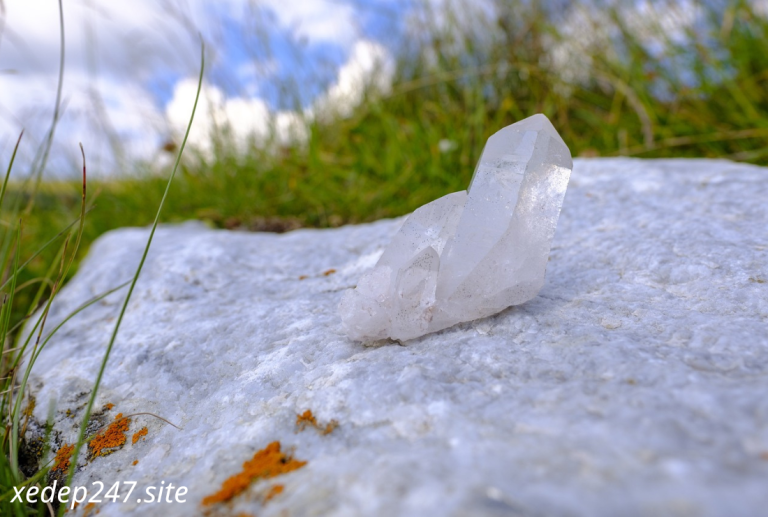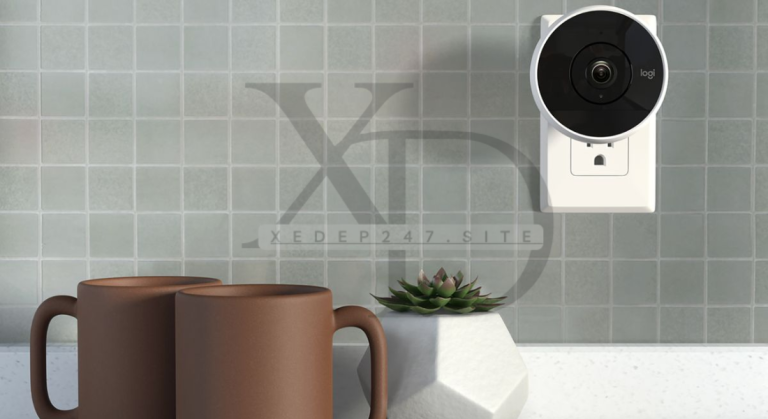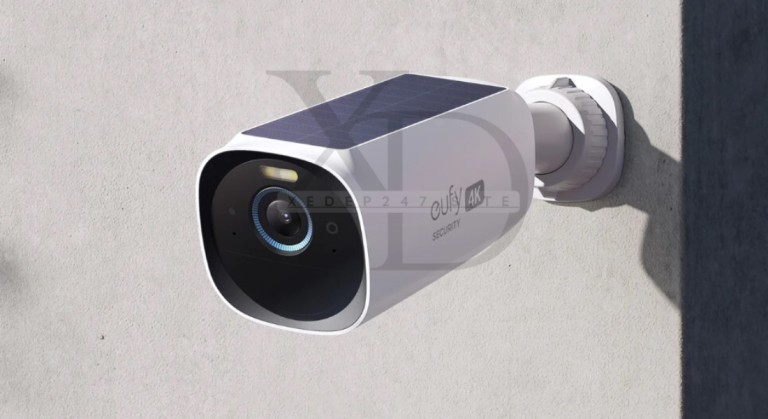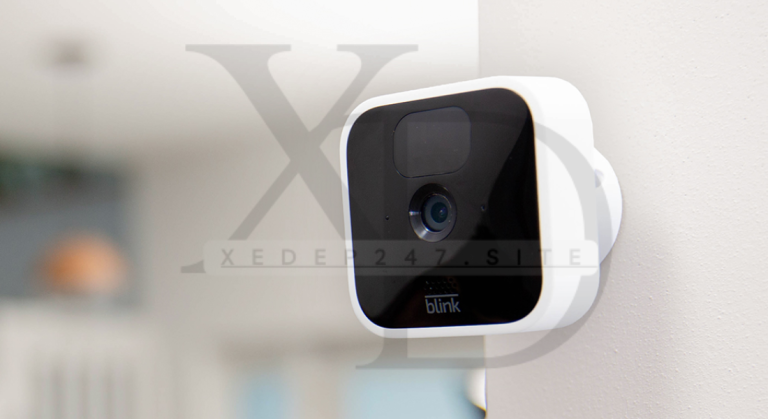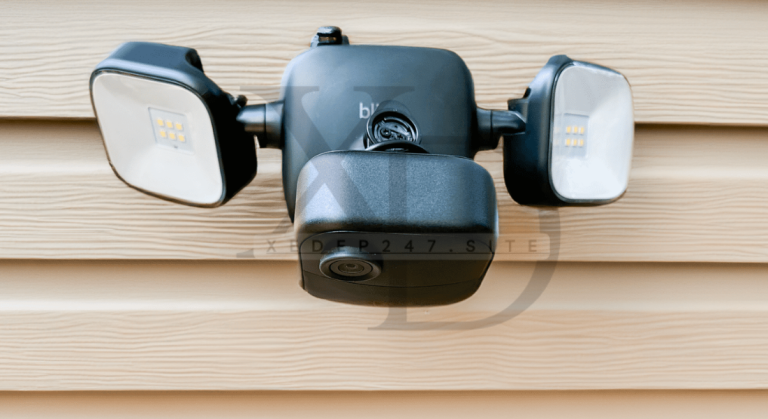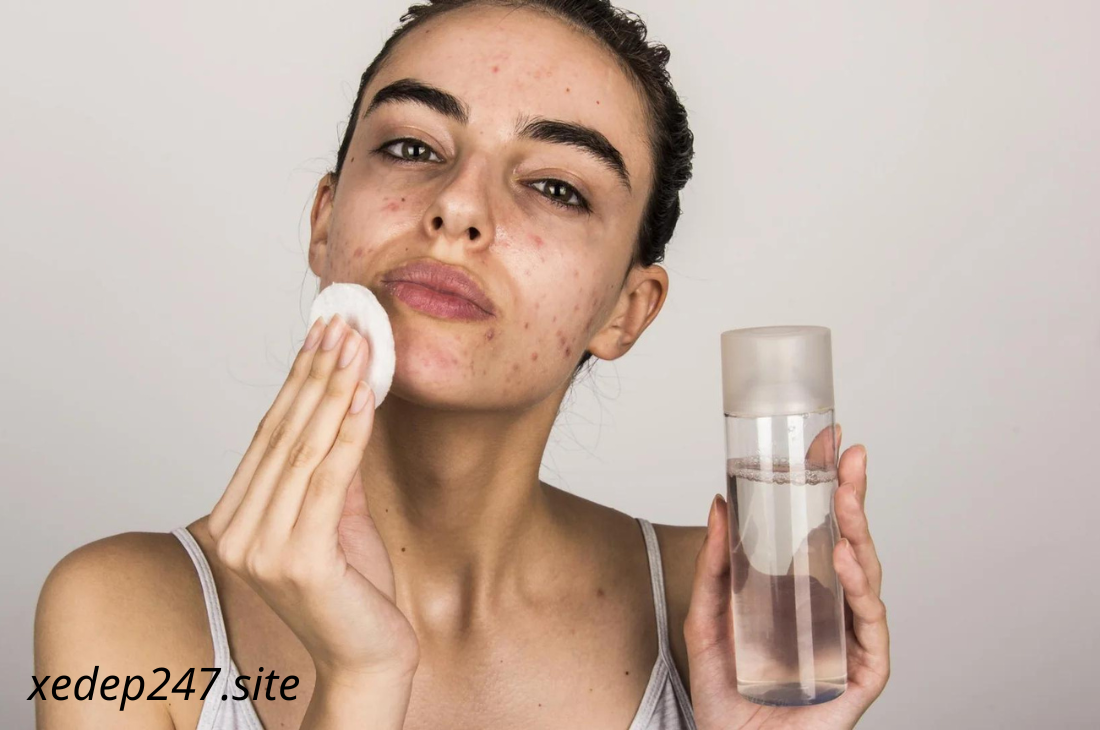
Acne is a common skin condition that can affect individuals of all ages. It often requires a combination of effective skincare products to manage and treat the symptoms. From cleansing to moisturizing, specific products are designed to address the needs of acne-prone skin, targeting breakouts, reducing inflammation, and preventing future issues. This guide explores various skincare products and ingredients that can help control and treat acne effectively.
Key Takeaways
- Acne-prone skin requires targeted skincare products to manage breakouts and prevent future issues.
- Key ingredients include salicylic acid, benzoyl peroxide, and retinoids.
- A comprehensive skincare routine involves cleansing, treating, moisturizing, and protecting the skin.
- Choosing the right products can help reduce acne and improve overall skin health.
Introduction to Skincare Products for Acne
Managing acne effectively involves understanding the specific needs of acne-prone skin and selecting appropriate products that target these needs. Acne can result from clogged pores, excess oil production, bacterial growth, and inflammation. Therefore, a well-rounded skincare routine that addresses these factors can significantly improve skin condition and appearance.
Essential Skincare Products for Acne-Prone Skin
- Cleansers Cleansing is the first step in any acne skincare routine. A good cleanser helps remove excess oil, dirt, and impurities that can clog pores and lead to breakouts.
Recommended Ingredients
- Salicylic Acid: Helps exfoliate the skin and unclog pores. Ideal for treating mild to moderate acne.
- Benzoyl Peroxide: Reduces bacteria on the skin and helps to prevent breakouts. Suitable for more severe acne.
Product Examples
- CeraVe Foaming Facial Cleanser: Contains ceramides and niacinamide, along with salicylic acid.
- Neutrogena Oil-Free Acne Wash: Features salicylic acid for effective pore-cleansing.
- Treatment Products Treatment products are designed to target active breakouts and prevent new ones from forming. They often contain powerful acne-fighting ingredients.
Recommended Ingredients
- Retinoids: Promote cell turnover and prevent clogged pores. Effective for both acne and post-acne marks.
- Sulfur: Absorbs excess oil and helps reduce inflammation.
Product Examples
- Differin Gel (Adapalene): A topical retinoid that helps to prevent and treat acne.
- Murad Rapid Relief Acne Spot Treatment: Contains sulfur and other anti-inflammatory ingredients.
- Exfoliants Exfoliating helps to remove dead skin cells that can clog pores and lead to breakouts. Regular exfoliation can improve skin texture and clarity.
Recommended Ingredients
- Alpha Hydroxy Acids (AHAs): Help to exfoliate the skin’s surface and reduce the appearance of acne marks.
- Beta Hydroxy Acids (BHAs): Penetrate deeper into the pores to remove dead skin cells and reduce inflammation.
Product Examples
- Paula’s Choice Skin Perfecting 2% BHA Liquid Exfoliant: Contains salicylic acid to exfoliate and clear pores.
- The Ordinary Glycolic Acid 7% Toning Solution: An AHA-based toner that exfoliates and brightens skin.
- Moisturizers Moisturizing is crucial for maintaining the skin’s barrier function and preventing excessive dryness, which can exacerbate acne.
Recommended Ingredients
- Non-Comedogenic Formulas: Ensure the moisturizer does not clog pores.
- Hyaluronic Acid: Provides hydration without adding oil.
Product Examples
- La Roche-Posay Effaclar Mat: A mattifying moisturizer that helps control oil and shine.
- Neutrogena Hydro Boost Water Gel: Contains hyaluronic acid and is oil-free.
- Sunscreens Sunscreen protects the skin from UV damage, which can worsen acne scars and pigmentation. It’s essential to use a sunscreen that is suitable for acne-prone skin.
Recommended Ingredients
- Mineral Sunscreens: Often less irritating for sensitive or acne-prone skin.
- Oil-Free Formulas: Prevent additional oiliness and breakouts.
Product Examples
- EltaMD UV Clear Broad-Spectrum SPF 46: Formulated for sensitive and acne-prone skin.
- Neutrogena Clear Face Sunscreen SPF 55: Oil-free and designed for acne-prone skin.
Tips for Using Acne Skincare Products
- Start Slowly: Introduce new products gradually to avoid overwhelming your skin. Monitor for any adverse reactions.
- Follow Directions: Use products as directed, particularly with treatments that may cause irritation if overused.
- Patch Test: Before applying a new product to your entire face, test it on a small area to check for sensitivity.
- Maintain Consistency: Stick to a consistent skincare routine for the best results, as acne treatments often require time to show effectiveness.
Conclusion
Selecting the right skincare products for acne involves understanding the specific needs of acne-prone skin and choosing products that effectively address those needs. By incorporating cleansers, treatment products, exfoliants, moisturizers, and sunscreens into your routine, you can manage and treat acne more effectively. Consistency and proper product selection are key to achieving clearer, healthier skin.
FAQ
- What ingredients are best for treating acne? Effective ingredients include salicylic acid, benzoyl peroxide, retinoids, sulfur, and AHAs/BHAs.
- How often should I use exfoliants for acne-prone skin? Exfoliants should be used 1-3 times a week, depending on your skin’s sensitivity and the product’s strength.
- Can I use retinoids and exfoliants together? Yes, but introduce them slowly into your routine and monitor for any irritation. It’s often best to use them on alternate days.
- Is it necessary to use a separate sunscreen if my moisturizer contains SPF? While a moisturizer with SPF can provide some protection, using a dedicated sunscreen is recommended for full coverage, especially if you spend extended time outdoors.
- How long does it take to see results from acne treatments? Results can vary, but most treatments take several weeks to start showing noticeable improvements. Consistency is key.
- Can acne treatments cause dryness or irritation? Yes, some acne treatments can cause dryness or irritation. Use a gentle, hydrating moisturizer to counteract these effects and avoid overusing products.
- Should I see a dermatologist if over-the-counter products aren’t working? If over-the-counter treatments aren’t effective, consider consulting a dermatologist for personalized recommendations and prescription options.
